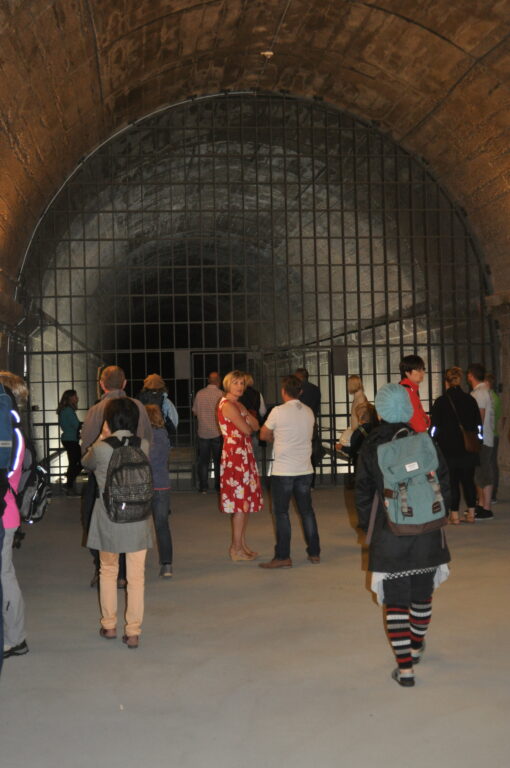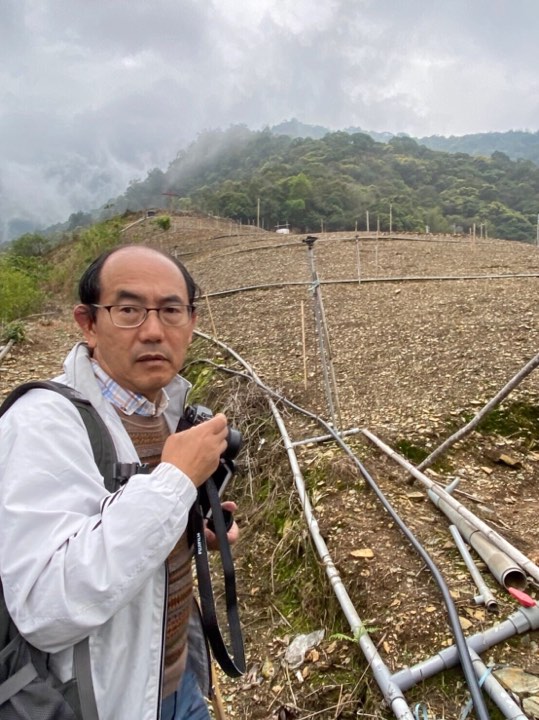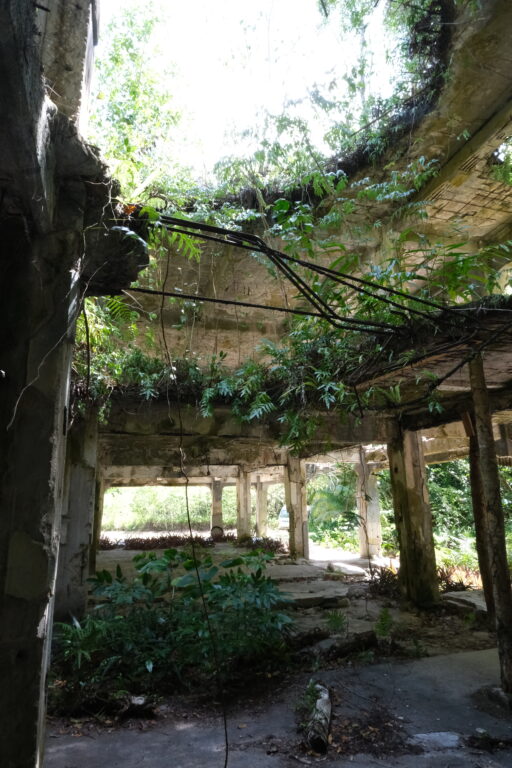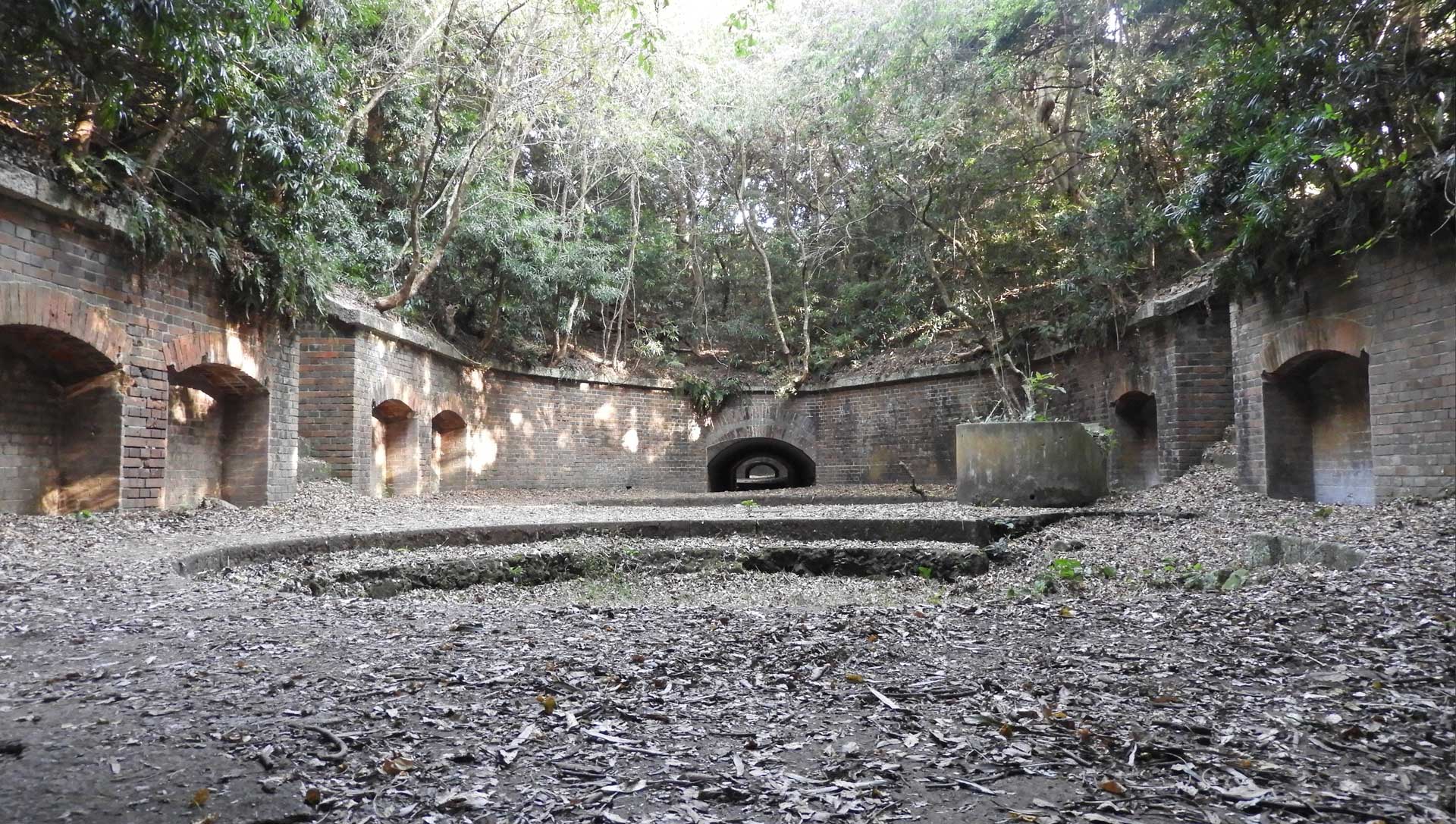*Select English subtitles from settings (gear icon)
Japan has been directly and indirectly involved in foreign wars from the Meiji Era to the present. However, the reality of these wars is often shrouded in secrecy. It is not easy to access information about these wars, much less to comprehend them, from remaining historical data. In many cases, we cannot even understand when the wars began, under what conditions, how we participated in them, or how they ended. Moreover, as the number of people who have experienced war firsthand dwindles, it is only a matter of time before oral histories become difficult to analyze.
Indeed, today most of us are no longer able to recognize and appreciate war sites and monuments as reality, as they are disconnected from our lives. August 15, “the anniversary of the end of the war in Japan,” has become merely a media event, and the number of people that can identify with media reports about the war is decreasing.
However, I believe that neglecting the memories and records related to the war will surely have a negative impact on the future. As we know from the wartime air raids in Japan, military front lines, outposts, logistical support centers, and domestic locations that support the war effort can suddenly reverse, to fatal consequence.
What is required of us now is to think how to pass on the memories of various wars and disasters to future generations. Through the feelings I have felt at the miraculously remaining war sites, which are witness to tragedy, I would like to think not only about the past, but also about the future, from the viewpoint of the region in which we live.




